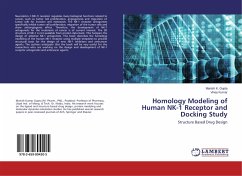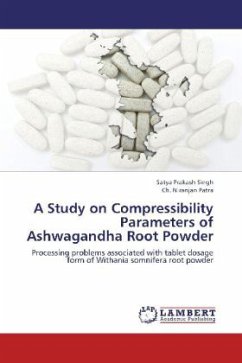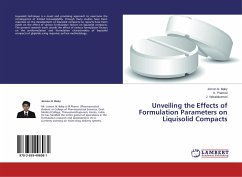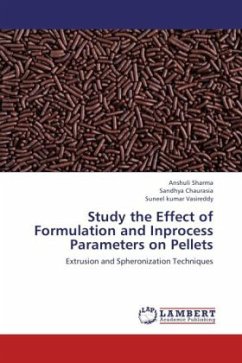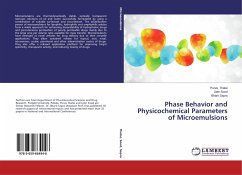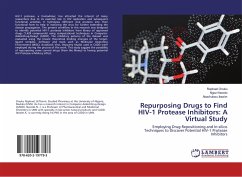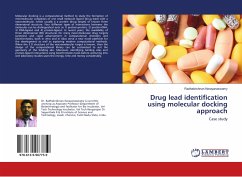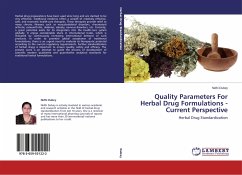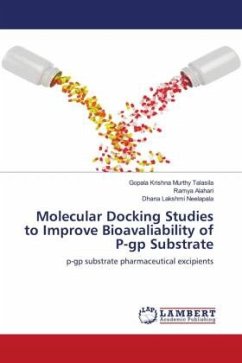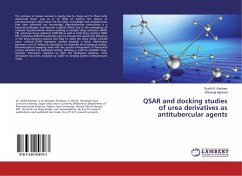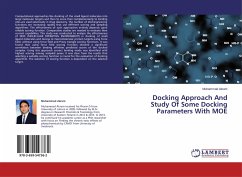
Docking Approach And Study Of Some Docking Parameters With MOE
Versandkostenfrei!
Versandfertig in 6-10 Tagen
27,99 €
inkl. MwSt.

PAYBACK Punkte
14 °P sammeln!
Computational approaches like docking of the small ligand molecules into large molecular targets and then to score their complementarily to binding sites are used extensively in drug discovery. The number of docking/scoring functions are increasing rapidly that use different scoring and sampling algorithms. The effectiveness of such approaches entirely depends upon reliable scoring function. Comparative studies are needed to evaluate their current capabilities. This study was conducted to analyze the effectiveness of MOE (MOLECULAR OPERATING ENVIRONMENT) in docking of small ligand molecules an...
Computational approaches like docking of the small ligand molecules into large molecular targets and then to score their complementarily to binding sites are used extensively in drug discovery. The number of docking/scoring functions are increasing rapidly that use different scoring and sampling algorithms. The effectiveness of such approaches entirely depends upon reliable scoring function. Comparative studies are needed to evaluate their current capabilities. This study was conducted to analyze the effectiveness of MOE (MOLECULAR OPERATING ENVIRONMENT) in docking of small ligand molecules and decoys to macromolecular protein targets using force field, without using force field and Proxy triangle scoring functions. It was found that using force field scoring function showed a significant correlation between binding affinities predicted scores of the docked complex. Using this approach correct binding mode was identified with highest scoring among sampled poses. It was clear fromthe results that selecting a suitable scoring function is crucial for the evaluation of docking algorithm. The selection of scoring function is dependent on the selected target.



